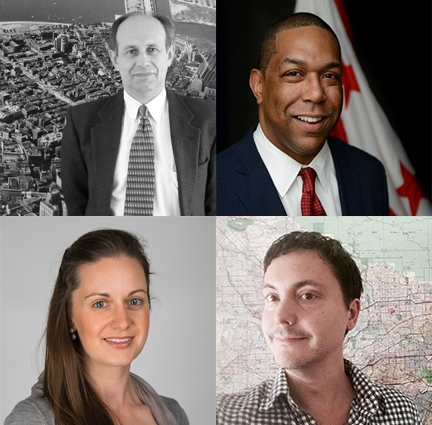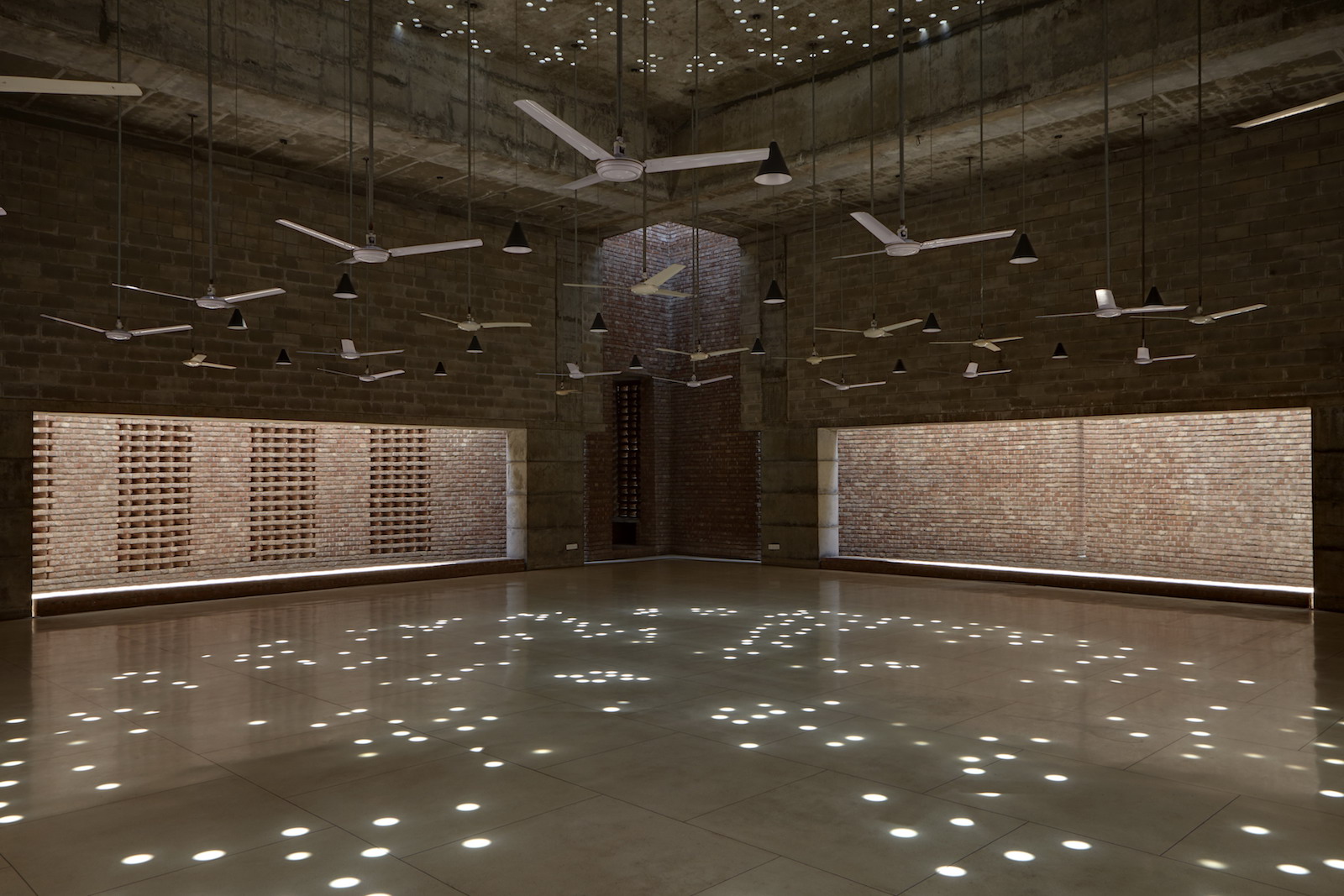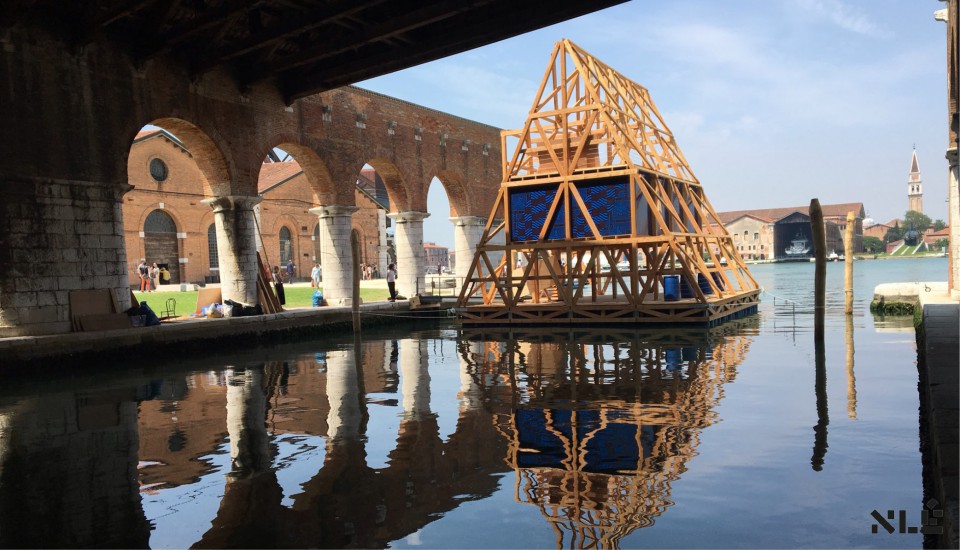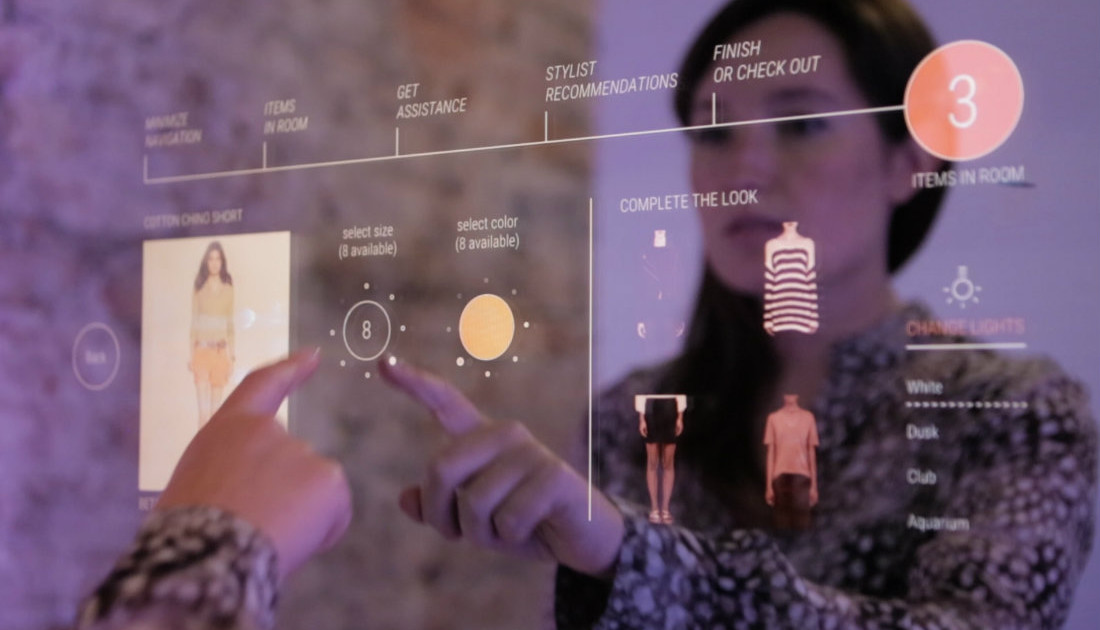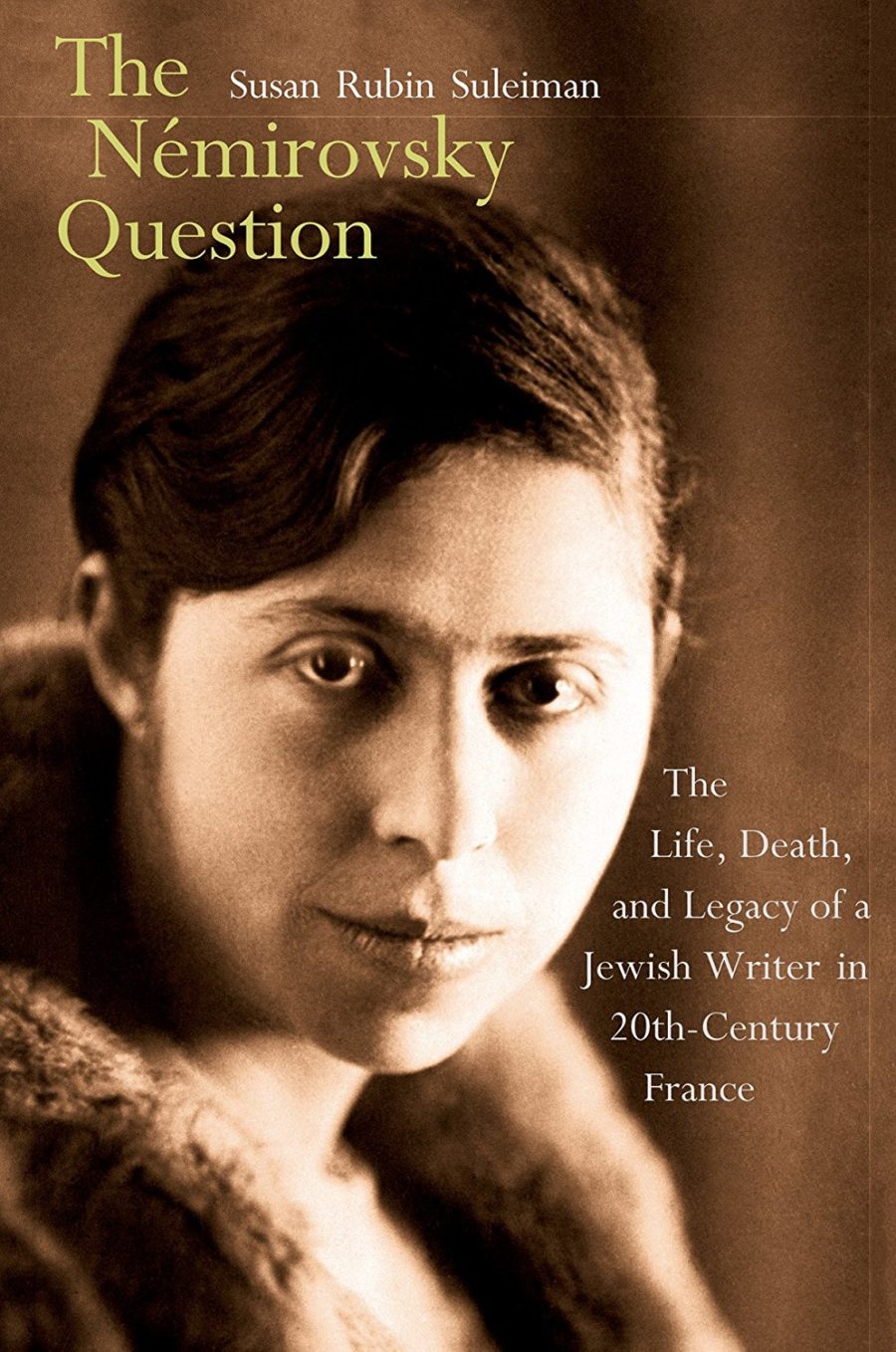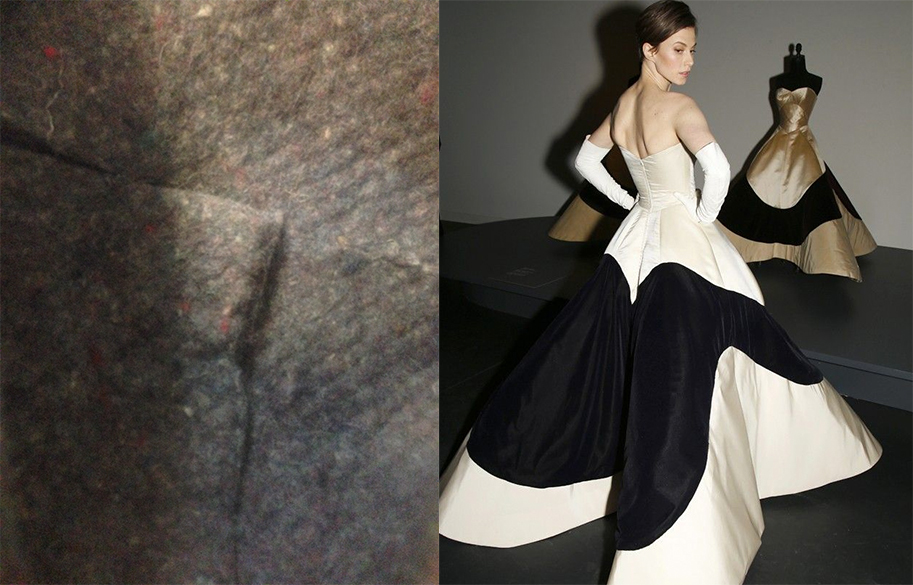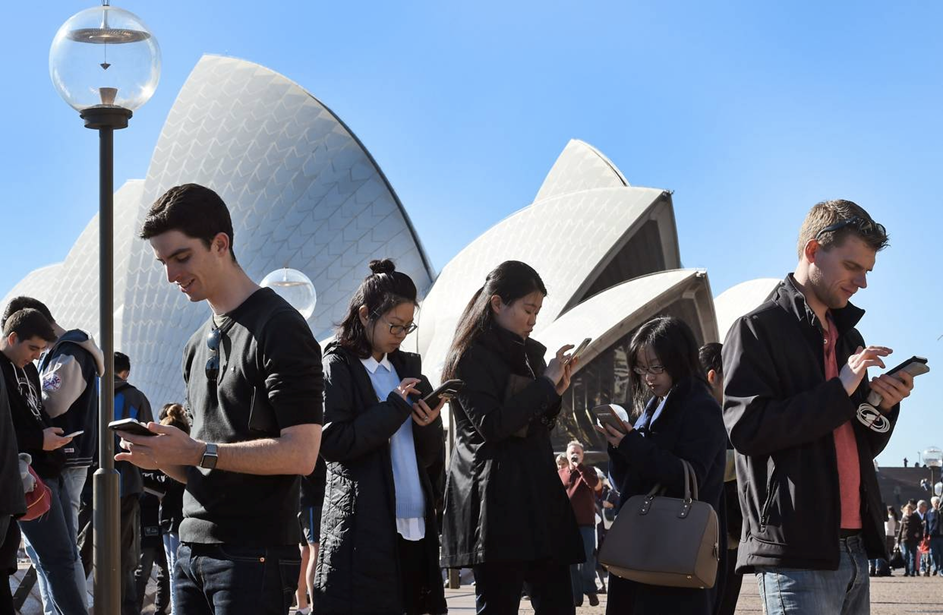The New Allure of the American City
American cities are experiencing a revival. There is a partial return of former city dwellers from places formerly seen as more hospitable to everyday life. The city as spectacle is appealing to younger generations, for whom the suburban experience appears commonplace and dull. Older generations seem more willing to substitute suburban backyards for having immediate access to a bit of culture, culinary pleasures, and conviviality. An appreciation for something called “pedestrian urbanism”—a walk around town—has gained favor, a welcome turn from the dominant reign of the car. However, this kind of urban allure comes with some negative consequences, attracting new investment and consumers in some areas but not in others, enabling only certain segments of society to prosper. This conversation with leaders who help plan America’s cities will explore the new urban allure and ways to address the consequences. Moderated by Alex Krieger (MCPUD ’77), professor in practice of urban design, with Sara Myerson (MUP ’11), director of planning at Boston Planning and Development Agency; Edith Hsu-Chen (MUP ’97), Manhattan Borough Director, New York City Department of City Planning; Frank Ruchala, Jr. (MArch ’05, MUP ’05), deputy director for zoning, New York City Department of City Planning, and Eric D. Shaw (MUP ’00), director of the DC Office of Planning.
Supported by the Rachel Dorothy Tanur Memorial Lectureship Fund.
Marina Tabassum
In projects that range from the scale of the residential block to the master plan, Marina Tabassum prioritizes climate, materials, site, culture, and local history in order to counteract what she finds impersonal and confused in architecture globally. Her Bait Ur Rouf Mosque is a case in point: built over the course of twelve years with a minuscule budget, it is distinguished by its lack of popular mosque iconography, its emphasis on materials, space, and light, and its capacity to function not only as a place of worship but also as a meeting room, school, and playground for an underserved community on Dhaka’s periphery. Tabassum, a graduate of Bangladesh University of Engineering and Technology, founded Dhaka-based Marina Tabassum Architects in 2005 after ten years as a partner and cofounder of URBANA in Dhaka. She has taught and lectured widely and is currently academic director of Bengal Institute for Architecture, Landscapes, and Settlements. In 2016 she was one of six architects to receive the Aga Khan Award for Architecture.
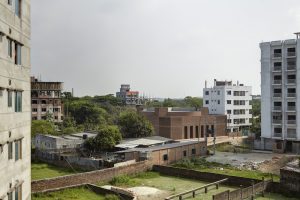
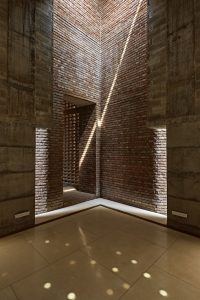
Bait ur Rouf Mosque. Photos by Rajesh Vora.
Sponsored by the Aga Khan Program for Islamic Architecture.
Kunlé Adeyemi, “Seven Desimer Factors”
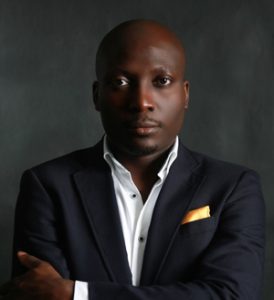
Kunlé Adeyemi is an architect, designer, and urban researcher, and founder of NLÉ, an architecture, design, and urbanism practice founded by Adeyemi in 2010, focusing on developing cities and communities. His work includes Makoko Floating School (MFS), a prototype structure on the lagoon at the heart of Lagos, Nigeria and part of African Water Cities, an extensive research project by NLÉ. MFS II, a new, improved iteration of Makoko Floating School, was in the exhibition Waterfront Atlas at this year’s Venice Biennale, where it was awarded the Silver Lion. Other projects include an amphibious community building in Port Harcourt, Nigeria, a pop-up pavilion/public sculpture in Chicago; CDL Microfinance Bank in Lagos, Nigeria; and Serpentine Summer House at the Royal Kensington Gardens in London. Before founding NLÉ, Adeyemi worked for OMA/Rem Koolhaas, where he led the design, development, and execution of high-profile projects such as the Shenzhen Stock Exchange tower in China, the Qatar National Library, and Prada Transformer in Seoul. He has won multiple awards and served as a juror for the 2014 AIA awards and 2016 RIBA international Prize. He holds an honorary doctorate in architecture from Hasselt University, Belgium, and has taught at several institutions, including Cornell University (visiting critic, 2015) and Columbia University’s GSAPP (adjunct associate professor, 2016). He is currently a design critic in architecture at Harvard GSD.
“Planting in the Public Realm: Projects and Projections,” with Steven Handel, Noel Kingsbury, Norbert Kühn, Doug Reed, and Matthew Urbanski
Plant life, long regarded in cities as an amenity, has throughout the twentieth and twenty-first centuries also become an accepted necessity integral to the urban fabric. Yet, there are multiple challenges facing plants and planting design in urban areas. Pollution, climate change, increasingly restricted space, and insufficient or nonexistent public budgets for plants are only some of the factors that make it difficult for vegetation in our cities to survive. Yet numerous new public urban parks have been created, tree planting programs persist, new plant cultivars are developed, spontaneous plant growth is studied, and new planting design paradigms are proposed. In a series of short presentations and a moderated discussion, landscape architects, planting designers, and ecologists will assess the current state of the art in planting the public realm. The event seeks to draw out ideas for how plants can be used in the future design of urbanizing areas to create healthy, sustainable, inclusive, and appealing environments. What is the importance of planting the public realm today, and what are its biggest challenges? What are the roles of landscape architects, designers, ecologists, and plant scientists in accommodating plant life in cities and in areas that are becoming urbanized, and are we beyond botanical xenophobia? Moderated by Sonja Dümpelmann, associate professor of landscape architecture, with Steven Handel, visiting professor in landscape architecture; Noel Kingsbury, writer and garden designer; Norbert Kühn, TU Berlin; Doug Reed MLA ’81, lecturer in landscape; and Matthew Urbanski MLA ’89, associate professor in practice of landscape architecture.
“Emerging Issues in Architectural Representation,” with Jennifer Bonner and Zeina Koreitem, moderated by Michael Hays
By now, most architects have mastered the standard softwares for design conceptualization and representation. However, it is only recently that we have begun to critically rethink the techniques and conventions of representation that have defined the discipline over hundreds of years. This event will focus a discussion around emerging issues in architectural representation that include orthographic and post-orthographic projection, extrusion, massing, material and computational color, movement, automation, and questions about authorship and appropriation. Presentations by Jennifer Bonner MArch ’09, assistant professor of Architecture, and Zeina Koreitem MDes ’16, design critic in architecture; moderated by Michael Hays, Eliot Noyes Professor of Architectural Theory and interim chair of the Department of Architecture.
“Future Retail”
Future Retail explores the rapidly accelerating pace of retailing at the intersection of physical and digital spaces. Emerging practices in omnichannel retailing are redefining the utilities of brick and mortar retail in the advancement of a seamless flow of information, inventory, and consumers. Whether it is the design of packaging or interactive in-store experiences, nearly every facet of the retail supply chain is being reimagined. With the life-cycles of products and stores being compressed in time and space, new retail models are set to challenge the conventions of leisure and necessity consumption. This event seeks to identify critical accelerants of technology and process innovation that are likely to steer the next generation of retail.
Speakers will include Rajiv Lal, Stanley Roth, Sr. Professor of Retailing at Harvard Business School; Eric Symon, Vice President, Global Retail Business Unit, PTC; and Neil Blumenthal, Co-Founder & Co-CEO, Warby Parker. Lal, Symon, and Blumenthal will join Craig Robins, CEO and President, DACRA, in a panel discussion moderated by Jesse M. Keenan, Lecturer in Architecture & Real Estate.
Wonne Ickx: “Specific Objects”
Wonne Ickx is a cofounder of PRODUCTORA, formed in 2006 with Abel Perles, Carlos Bedoya, and Victor Jaime. Ickx is also a cofounder of LIGA, Space for Architecture, an independent platform that promotes emerging Latin American architects. In his lecture, he will discuss the cross-contamination between these two practices, focusing on the studio’s first cultural infrastructure projects, a theater space in Cuernavaca and a community center and museum in Oaxaca; and its first project in the U.S., a residential remodel and addition in Los Angeles. Ickx will also discuss the exhibition Spaces Without Drama, curated by LIGA and opening in February, 2017 at the Graham Foundation in Chicago, which addresses the relationship between architecture and theatricality, taking Aldo Rossi’s Little Scientific Theater (1979) as a central reference point to develop new commissions. PRODUCTORA has won many awards for its work, including the Architectural League Prize for Young Architects in 2007, the Emerging Voices Award in 2013, and the Mies Crown Hall Americas Prize for Emerging Architects in 2016. He has taught at UCLA and at several universities in Mexico; currently, he is a design critic in architecture at Harvard GSD for the Spring 2017 semester.
Sharing One Harvard: Mohsen Mostafavi with Susan Suleiman on “The Némirovsky Question: The Life, Death, and Legacy of a Jewish Writer in Twentieth-Century France”
Susan Suleiman PhD ’69 is C. Douglas Dillon Professor of the Civilization of France and Professor of Comparative Literature at Harvard University. Her research and teaching, for which she has received numerous awards and fellowships, focuses on the literature of France. Among her books are The Ideological Novel as a Literary Genre (1983), Subversive Intent: Gender, Politics, and the Avant-Garde (1990), Risking Who One Is: Encounters with Contemporary Art and Literature (1994), the memoir Budapest Diary: In Search of the Motherbook (1996), and Crises of Memory and the Second World War (2006). Her most recent book, The Némirovsky Question: The Life, Death, and Legacy of a Jewish Writer in Twentieth-Century France (Yale, 2017), considers Irène Némirovsky, a French novelist of the 1930s who languished in obscurity after World War II until her posthumous novel Suite française appeared in 2004 and was widely acclaimed, and published in more than thirty languages. Prof. Suleiman will engage in a conversation on time, memory, identity, and other topics with Mohsen Mostafavi, dean of Harvard GSD and Alexander and Victoria Wiley Professor of Design, whose initiative “Sharing One Harvard,” brings faculty from diverse schools into the GSD.
Exhibition Opening for “Designing Planes and Seams”
Curators Anita Berrizbeitia MLA ’87, professor of landscape architecture, chair of the department of landscape architecture; Harold Koda MLA ’00, fashion scholar, curator, and the former curator-in-chief of the Anna Wintour Costume Center at the Metropolitan Museum of Art; and Ken Smith MLA ’86, design critic in landscape architecture, will speak informally about the exhibition.
Designing Planes and Seams focuses on the relationship of flat or planar materials and the seaming and construction necessary for creating expressive three-dimensional form. Focusing on the pattern pieces of iconic historic designs, the dressing of the contours of the body is represented by examples of reductive geometry and minimal intervention. In fashion, the pattern piece articulates the designer’s intellectual process as well as the wearer’s form. It is both map and plan.
This exhibition suggests parallels between clothing design and landscape architecture. Both disciplines share formal concerns associated with the creation of material structure(s) to fit an organic body; and in both clothing and landscape, the materiality of form-making is conceived conceptually and tectonically to reflect the bodily needs to move, breathe, and adapt. They also share physical constraints: in clothing, there are constraints of protection from the environment and regulation of body heat; and in landscape, those of ecological process, movement of water, and maintenance of habitat and vegetation. Both incorporate and convey cultural expressions such as identity and personality, social status, group affiliation and ethnicity, gender and sexuality, power and politics, as well as other cultural narratives.
By exploring the meaning of seams, junctures, materials, and form making, the parallels that are revealed between clothing and landscape will expose their shared concerns of cultural production within contemporary society.
Michael Rock, “Attention Disruption Disorder”
“One of the essential challenges of design is establishing spatial, commercial, conceptual, or ideological coherences in the cacophony of contemporary experience. But if each coherence requires a battle for attention, are we winning or losing? Are we making things better or aggravating the very conditions we’re trying to alleviate?” Michael Rock is a design writer and founding partner of 2×4, a multi-disciplinary design consultancy that works with cultural and commercial clients such as Prada, Nike, Apple, and OMA/AMO from its offices in New York, Madrid, and Beijing.
